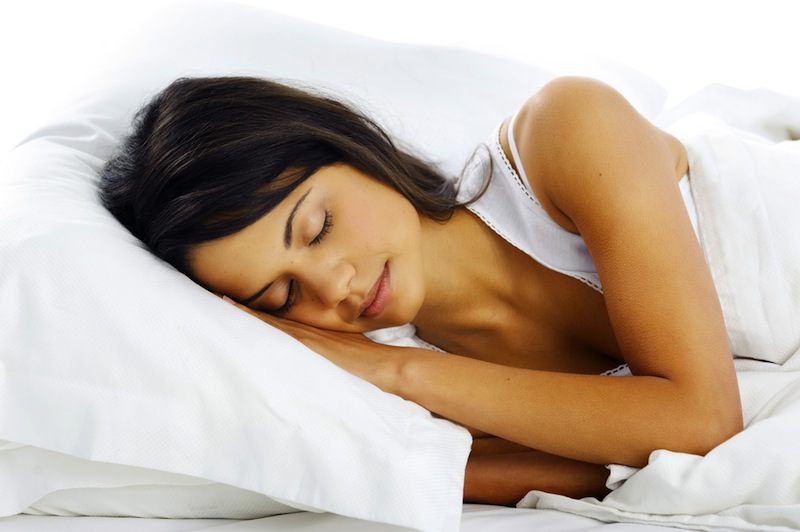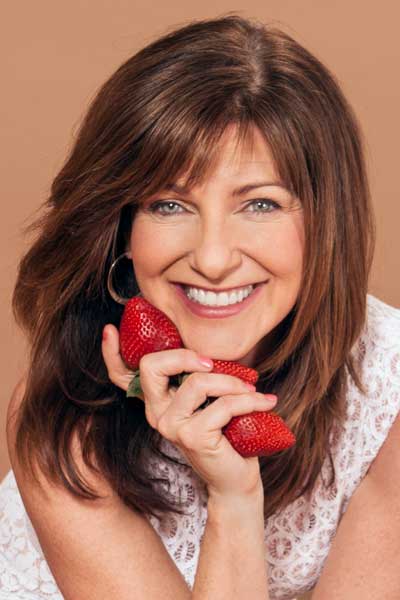
3 Nutrients Linked with a Better Night's Sleep

I'm not sure exactly when it happened, but the U.S. seems to have become a nation obsessed with pills. If something doesn't work right, no worries, there's a pill for that.
So when we have trouble sleeping, naturally, we go see the doctor for a prescription. Who cares that we might try to sleepwalk our way behind the wheel of a car? At least we're sleeping, right? Wrong!
If you ask me, prescriptions, especially those with severe and dangerous side effects, should always be a last resort.
There could be many reasons for not sleeping well, and stress often plays a role, but quite a few studies have shown that getting the right nutrients can help you get a good night's rest. Why not try eating right, before popping an Ambien?
Here's a look at three common sleep problems that have been linked to vitamin or mineral deficiencies:
Trouble getting to sleep: Magnesium plays a key role in the bodily function that regulates sleep. Insomnia is one of the symptoms of magnesium deficiency, and in fact, a 2006 analysis in the journal Medical Hypothesis suggests that such a deficiency may even be the cause of most major depression and mental health problems.
Bottom line: magnesium is an extremely important mineral. You'll find it in dark leafy greens, pumpkin seeds, sesame seeds and Brazil nuts, beans and lentils and some types of fish.
Sign up for the Live Science daily newsletter now
Get the world’s most fascinating discoveries delivered straight to your inbox.
Trouble staying asleep: Potassium supplements may be helpful to those who have trouble sleeping through the night, according to a 1991 study in the journal Sleep. Of course, although potassium is available in pill form, I prefer to get most of my nutrients directly from their sources by eating a healthy diet.
When most people think about potassium, they think bananas. Bananas do contain a fair amount of this mineral (about 10% of the daily value), but they aren't the best source. Beans, leafy greens and baked potatoes are the best sources. Avocados are a great source too — good news for the guacamole lovers!
Tired during the day: There is a strong correlation between excessive daytime sleepiness and vitamin D deficiency, a 2012 study in the Journal of Clinical Sleep Medicine found. The sun's rays are the best source for this vitamin, but not everyone can get the necessary sun exposure due to climate or skin cancer concerns.
There are a few food sources of vitamin D, such as swordfish, salmon, tuna and fortified foods, but this is one case where I would suggest supplementation. It's not likely that you would get enough of the sunshine vitamin from food alone.
Healthy Bites appears on LiveScience on Wednesdays. Deborah Herlax Enos is a certified nutritionist and a health coach and weight loss expert in the Seattle area with more than 20 years of experience. Read more tips on her blog, Health in a Hurry!










